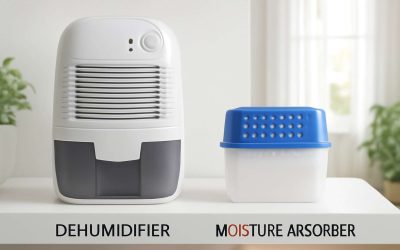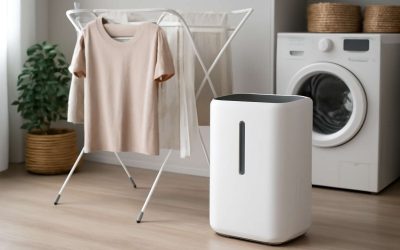
An air purifier is a device that circulates the air through a filter and captures dust, pollen, bacteria, odors, and other harmful particles. These filters can be used to prevent or cure allergies and respiratory problems. There are many types of air purifiers, and their effectiveness will vary depending on the type of filter and the volume of the room being treated.
Airborne pollutants are often a major cause of asthma, allergic reactions, and neurological disorders. When indoor air is contaminated with airborne pollutants, it can lead to a variety of symptoms, including coughing, sneezing, fatigue, memory loss, and irritability. The Asthma and Allergy Foundation of America (AAFA) has partnered with Allergy Standards Limited to develop certification programs for allergen-resistance equipment, including air purifiers.
A good air purifier should be able to clean the air thoroughly and remove contaminants from all areas of the room. It should also be able to cycle on and off frequently. Some models are designed to target bad air in homes, offices, or schools.
Some manufacturers claim that their air purifiers can eliminate biological impurities, such as viruses. However, only equipment with a high-efficiency filter against airborne particles is considered effective. If you’re buying an air purifier to eliminate odors or volatile organic compounds, you’ll want to purchase a purifier with an activated carbon filter.
Other factors to consider when buying an air purifier include the frequency of filter replacement and the type of filter. Generally, you’ll need to replace the filter about every six to 12 months. To help reduce the amount of cleaning that you need to do, you can choose a reusable filter.
A clean air delivery rate, or CADR, is a metric that measures how well an air purifier is able to clean the air. In general, a higher CADR will allow you to change the air in a room more frequently.
Another metric is the m-CADR, or microbiological CADR rating. Microbiological pollutants are a growing concern, and a m-CADR may help you determine the best air purifier for your needs. For example, if you’re suffering from a respiratory virus, such as COVID-19, you’ll want to look for an air purifier that can eliminate the virus.
One of the newest and most technologically advanced air purifiers on the market is the EOLIS Air Manager. This model uses cutting-edge technology to ensure safety and provide relief for allergy and asthma sufferers. With a variety of features, including a 360-degree filtration, acoustic control, and customizable color options, this model is perfect for smaller spaces.
Some air purifiers also come with an ionic filter. Ionic air filters can be very efficient at removing pollutants and odors, and can be particularly helpful if you live in an area where wildfire smoke is prevalent.
Finally, it’s important to choose an air purifier that is sized to match the space you’re treating. An undersized unit will be less effective, whereas a large one will be able to operate at a lower speed, making the fan sound quieter and more effective.



0 Comments